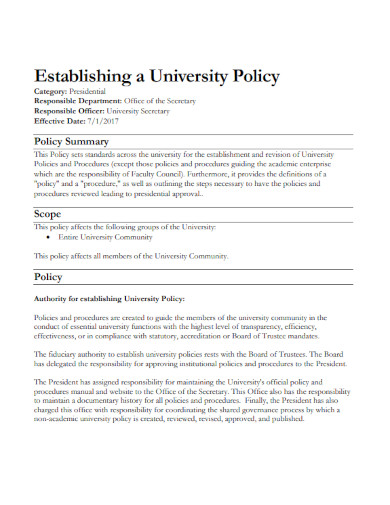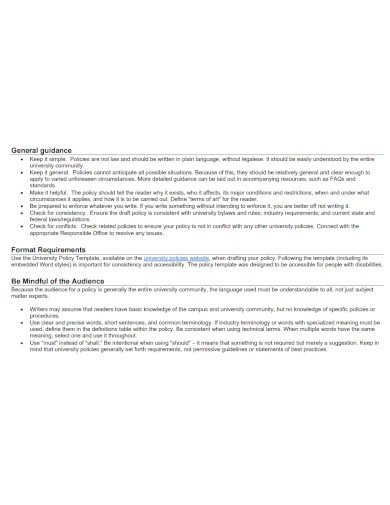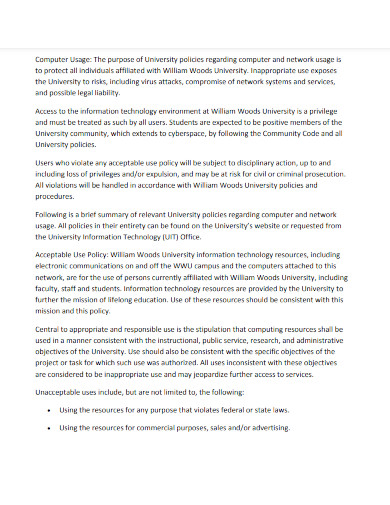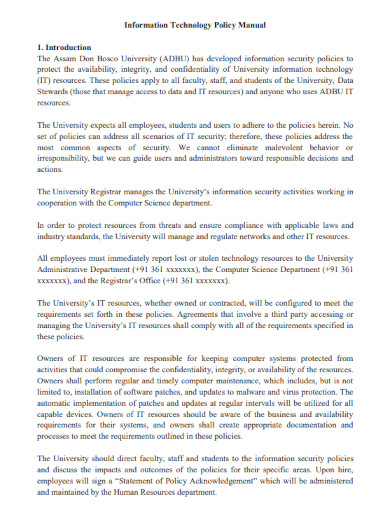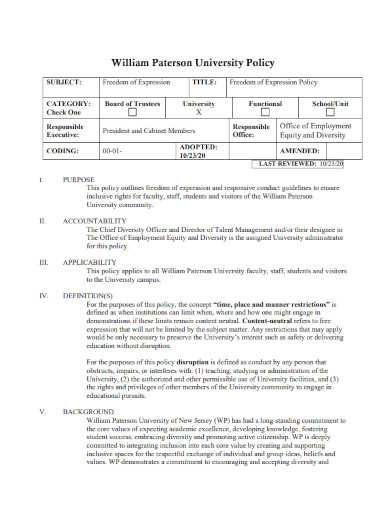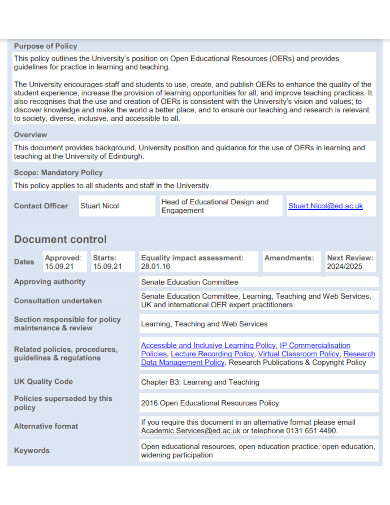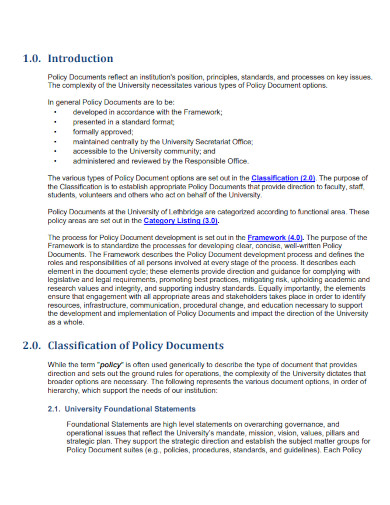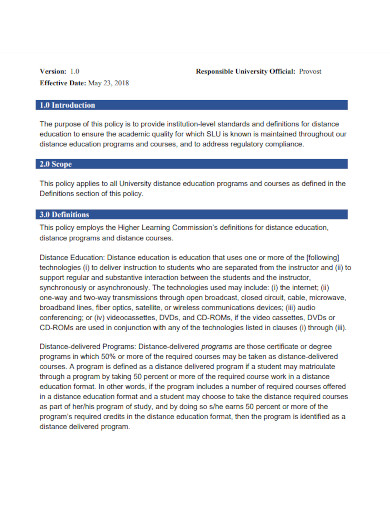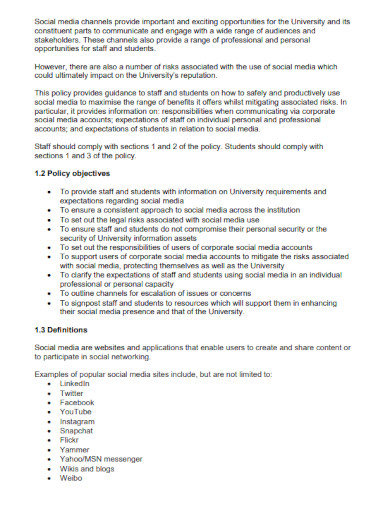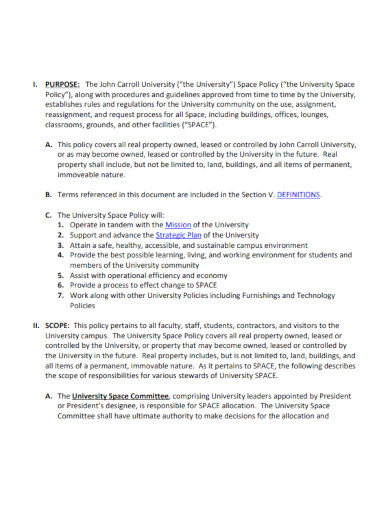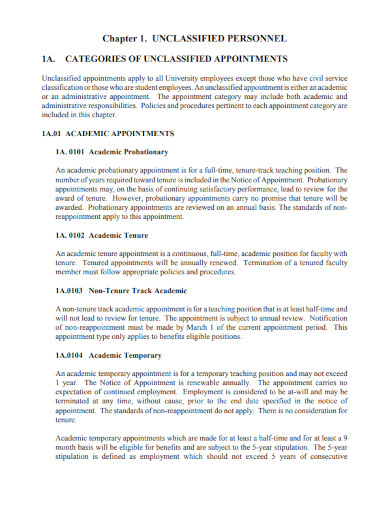Running a business on your own is difficult enough, but embarking on a venture that aims to manage the finances of your own clients only adds to the difficulty of running your own business. It can be extremely expensive to start a business in the fields of coaching, consulting, and management, and it can be difficult to find your niche in such a competitive field. Making a list of everything that needs to be done and making certain that each component is taken into consideration at the same time can be a real pain in the neck. The ability to develop a comprehensive enough layout or plan for their own business is therefore critical for the vast majority of businesses and ventures. It makes no difference whether the company is brand new or well-established in the market. Having a well-thought-out plan in place that keeps everyone on track for the duration of the company’s existence is beneficial to managers and supervisors, who are frequently in charge of overseeing all aspects of a company’s operations. A well-written business plan can make a significant difference in the success of your company. Providing you with the ability to progress without encountering too many difficulties.
It is strongly discouraged to start a business without first developing a business strategy and business policy. This is due to the fact that doing so is synonymous with engaging in an activity without a specific goal in mind. There is no way forward unless we develop a strategy. In this situation, there is no clear direction. Aside from that, business plans can also be used to provide this type of direction. It also provides you with a slew of additional benefits, including generating and testing new ideas without having to spend a lot of time or money on them because you’ve already covered that part of the process in your university policy, among other things. Take a look at the university policies samples provided below before you begin writing your own policy document. Once you’ve become familiar with the document, you can use these sample business policies as guides or even as templates when it comes time to write your own business policy for your organization.
10+ University Policy Samples
1. Establishing University Policy
2. Tips for Writing University Policy
3. University IT Policies
4. Information Technology University Policy
5. Freedom of Expression Policy
6. Educational Resources University Policy
7. University Policy Development Framework
8. University Policy for Distance Education
9. Social Media Compliance University Policy
10. University Space Policy
11. University Policy Manual
What Is a University Policy?
The scope or spheres within which subordinates within an organization can make decisions are defined by the business policy of that organization. It enables lower-level management to address problems and issues without having to consult with top-level management every time a decision is needed.
Business policies are the rules that an organization creates to govern its employees’ actions. To put it another way, they establish the parameters within which decisions must be made. The acquisition of resources that will enable the organization to achieve its goals is also a concern of business policy. The study of top-level management roles and responsibilities, significant issues affecting organizational success, and decisions that have a long-term impact on the organization are all covered in business policy.
Elements of a University Policy
The effectiveness of policies is determined by their suitability. The ability of any business to efficiently design and implement programs is contingent on the fact that all parties involved in the enterprise have a clear understanding of the policies of the organization. Everyone should be able to comprehend the policy if it is stated in a clear, positive, and easily understandable manner. It is necessary to have a clear statement of policy so that those who are affected by it can understand what is being said. For everyone in the organization to understand what it is trying to accomplish, a good policy must be concise and unambiguous.
- Specific
The policy’s language and intent should be specific and unambiguous in order to be effective. It is more accurately stated that when the outcome is uncertain, putting the plan into action will be difficult. - Clear
The policy’s language must be clear and unambiguous in order to be effective. If possible, it should avoid using jargon or connotations in its written work. The policy should be followed to the letter, and there should be no room for ambiguity in this regard. - Reliable/Uniform
Effective policies are those that are uniform enough to allow subordinates throughout the organization to follow them without difficulty. - Appropriate
Policies should be developed and implemented with the specific goals of the organization in mind at the time of their development and implementation. - Simple
An organization’s policy must be simple and easily understood by all of its members in order to be effective. - Inclusive/Comprehensive
In order to be applicable in a wide range of situations, the policy must be comprehensive in nature. - Flexible
In terms of operation and application as well as implementation, the policy should be adaptable at all levels of the organization. However, policies should have a broad scope in order to ensure that line managers use them when dealing with repetitive or routine situations. - Stable
Those seeking guidance should be able to rely on the policy to provide guidance; otherwise, they will be more susceptible to indecision and uncertainty.
FAQs
What is the limitation of a business policy?
Organizational policies have some advantages and disadvantages. One disadvantage of organizational policies is that the rigid nature of business rules and regulations makes it difficult to implement changes. Business rules, by their very nature, are inflexible and binary, resulting in a rigid framework within which your employees must function.
What is an example of a business policy?
When it comes to illegal drugs, alcoholic beverages, and tobacco smoking on their premises, most businesses have policies in place that prohibit these activities during working hours or at company functions. It is important to note that if smoking is permitted, policies will outline the precautions that must be taken to insure that it is done in a safe manner.
What are the types of business policies?
- Public policy
- Organizational policy
- Functional policy
- Specific policy
To summarize, a good policy is one that is directly related to an organization’s objective, is stated in understandable, written terms, and can be translated into the practices and specialties of each department/division within the organization, is subject to change but remains relatively stable and has a high degree of permanence, is reasonable, feasible, and effectively communicated to all parties involved, and is founded on facts and sound judgment.
Related Posts
FREE 10+ Plagiarism/Cheating Policy Samples in MS Word | PDF
FREE 50+ Policy Approval Samples in PDF | MS Word
FREE 50+ Planning Policy Samples in MS Word | Google Docs | Pages | PDF
FREE 10+ Related Personnel Policy Samples in MS Word | PDF
FREE 10+ Suspension And Expulsion Policy Samples in MS Word | PDF
FREE 10+ Student Travel Policy Samples in MS Word | Google Docs | Pages | MS Outlook | PDF
FREE 10+ Uniform Complaint Policy and Procedure Samples in PDF
FREE 10+ Bullying Policy Samples in MS Word | PDF
FREE 10+ Fiscal Control Policy Samples & Templates in MS Word | PDF
FREE 10+ Cooperative Policy Samples & Templates in MS Word | PDF
FREE 10+ Disenrollment Policy Samples in MS Word | PDF
FREE 10+ Donation Policy Samples & Templates in MS Word | PDF
FREE 10+ Homework Policy Samples & Templates in MS Word | Pages | PDF
FREE 10+ IT and Software Policy Samples in PDF | MS Word | Pages | Google Docs
FREE 50+ Policy Samples in PDF | MS Word

